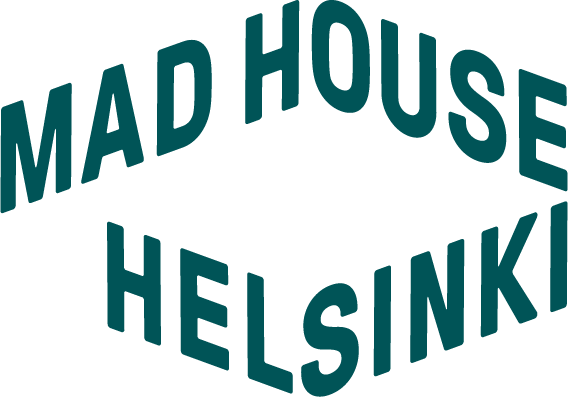My Heritance - Orlan Ohtonen
I was invited by Freja to write this text with the body of work I was told I chop wood like a ballet dancer. Cutovers - concert de fin d'année is part of this series. The text looks back on my encounters with the work, opening up some of the paths it has taken me on during the years of its unfolding.
I sway my grandfather's axe in my father's old army coat, and it fills me with euphoria. My
utopian ideal of my gender: sitting down in my grandfather's shed, writing, looking out of the
small window at the lake that does not read me.
After my grandfather died, my dad cleaned the shed for several days. A while after finishing
this task that no doubt was partly a way for him to deal with the loss, he said to my brother:
when I die, you will inherit this amazingly vast set of tools.
I was there, too, unseen, remembering the smell of the shed and wondering if my brother remembered it.
Everything we (humans) do with our bodies is read through narratives of gender. Every single gesture, movement, act. We are always performing, every one of us – some failing at the game more than others. As trans people, we learn that this “failure” is a complex universe that both haunts and saves us.
My heritance is a set of tools for deception – not from my dad but from all the Mothers and Fathers of the great Houses. Trans history is invisible but not inexistant. We learn from each other how to adapt, to pass, and how to transgress between different layers of visibility. We learn to live with the paradoxical nature of being hyper visible and unseen at the same time.
To pass: to get away with something, or, to decide not to.
Because, to be seen in this body is always a trap. (Gossett, Stanley, Burton).
In a utopian dream everyone looks at me like the lake,
the wood,
the shed,
the axe.
A mass of cells within other cells.
But here, my body is a glitch in the system, only visible as the break in the norm. We humans so often notice the break, not the pressure that caused it (Ahmed).
Who would I be if not tied to the rupture my body creates?
What would I write?
I use my pain for writing but if not feeling it was an option, would I write at all? Would I make that choice, and how would it shape me? I can’t imagine the version of the world I’m trying to write; in its inexistence it is unfathomable. I can't imagine a world where people and bodies are not read, categorised and controlled with ideas of gender, or of norms more broadly – therefore I can't see who I would be there. But I want to try, because that in itself creates
worlds.
To recognise the world as queer as the lake understands it.
Some body, moving an object.
Some wood being chopped.
To understand the breaks in the norms as what they are – as possibilities.
In an act of queering something, we set it free of expectations and norms that bound it. We make space for transcendence. Simultaneously, we create friction between that which is and that which could be. Visibility and invisibility are entangled with each other; being outside always exists in relation to being inside. Distorting something makes visible the norm it is trying to break. This creates tension; this makes shit messy.
Queerness disturbs visibility, rules, hierarchies. It’s not easy work, or easily swallowed. Yet, as a shared life, the pleasure it brings can exceed the pain – recognition in a shared invisibility creates collectivity.
Being together, breaking together, breathing together.
We breathe together, stop the occupation! (Maree Brown)
Resistance: to stop a moving body.
Resilience: the power of returning.
Though always compromised, there is power in being unsurveyable. And together with others it can be turned into an ungovernable lifeforce.
The wood burns, no matter how it was broken.
And the flames dance.
Orlan Ohtonen, 12/11/2023
References:
Sara Ahmed, Living a Feminist Life, 2017
Gossett, Stanley, Burton: Trap Door, 2017
Adrianne Maree Brown: Ceasefire, 2023
